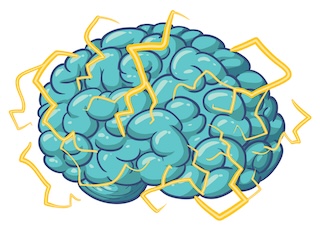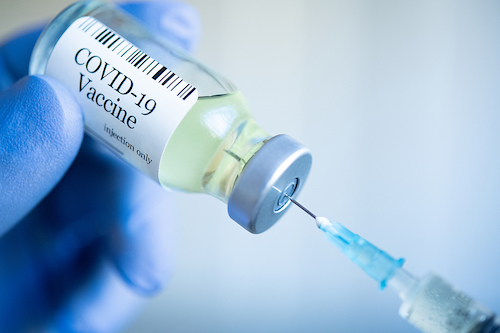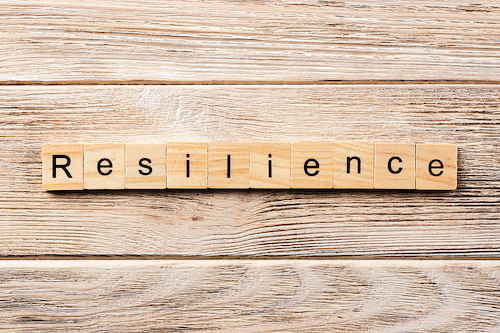March 31, 2025
by Elizabeth Pratt

Female physicians have a higher rate of suicide than females in the general population.
Research published in JAMA Psychiatry found that female physicians had a 53% increased risk of suicide compared to their female counterparts who weren’t physicians.
[More]
March 28, 2025
by Elizabeth Pratt

Those experiencing an eating disorder are more harshly judged than those with other mental health conditions.
Research from the University of South Australia found the social stigma associated with eating disorders could make it harder for people to seek help.
[More]
January 30, 2025
by Elizabeth Pratt

Those living with multiple sclerosis who are pregnant have a greater chance of experiencing mental illness during pregnancy and in the first few years following birth.
Research published in Neurology found that pregnant people with MS had a 26% increased risk of mental illness during pregnancy when compared with pregnant people without MS and a 33% increased risk of mental illness after birth.
[More]
January 21, 2025
by Patricia Tomasi

A new study published in the Journal of Nature aimed to understand the neural code of stress to control anhedonia. “The goal of the study was to understand what drives reduced reward-seeking in individuals who are susceptible to traumatic stress,” study author Mazen A. Kheirbek told us. “We were hoping to identify patterns of activity in the brains of mice that may be related to this process of anhedonia, and patterns that are associated with resiliency to developing anhedonia.”
[More]
December 24, 2024
by Patricia Tomasi

A new study published in the Journal of Social Psychiatry and Psychiatric Epidemiology looked at the frequency of self-reported persistent post-treatment genital hypoesthesia among past antidepressant users in Canada and the US. “In my counselling practice, I specialize in working with people with Post Selective Serotonin Reuptake Inhibitor (SSRI) Sexual Dysfunction (PSSD), which is a type of sexual dysfunction where sexual function does not return to normal upon discontinuation of commonly prescribed antidepressants such as SSRIs, Serotonin-Norepinephrine Reuptake Inhibitors (SNRIs), and some tricyclic antidepressants,” study author Yassie Pirani told us.he
[More]
November 12, 2024
by Patricia Tomasi

A new study published in the Journal of Nature looked at structural and functional mechanisms of learning and memory. “NMDA receptors are essential for the fundamental processes,” study author Hiro Furukawa told us. “Recent clinical studies have revealed that in autoimmune encephalitis, antibodies targeting NMDA receptors disrupt normal neuronal function, resulting in psychotic symptoms.”
[More]
September 15, 2024
by Elizabeth Pratt

COVID-19 vaccination mitigates adverse effects of SARS-CoV-2 on mental illness.
Research published in JAMA Psychiatry found that the COVID-19 vaccination may help protect against the adverse mental health impacts of the virus by preventing severe infection.
[More]
August 27, 2024
by Patricia Tomasi

A new study looked at smartphone survey data to help reveal the timecourse of changes in mood outcomes following vitamin C or kiwifruit intervention in adults with low vitamin C. “This study analyses secondary outcomes from our main trial (KiwiC for Vitality study) published in 2020," study author Tamlin Conner told us. "The secondary outcomes used smartphone surveys of people’s mood every second day throughout the eight-week intervention trial.”
[More]
August 26, 2024
by Elizabeth Pratt

Resilient people are more mindful and show neural activity in the brain regions associated with improved cognition and the regulation of emotions.
UCLA researchers found resilient people were also better at describing their feelings and had gut microbiome activity associated with a healthy gut.
[More]
August 6, 2024
by Patricia Tomasi

A new study published in the JAMA Psychiatry looked at accelerated intermittent theta-burst stimulation and treatment-refractory bipolar depression. "This study looks at treatment of severe refractory bipolar depression,” study author Dr. Yvette Sheline told us. “It uses magnetic stimulation called TMS—transcranial magnetic stimulation, which has been used for the past decade to treat depression.”
[More]